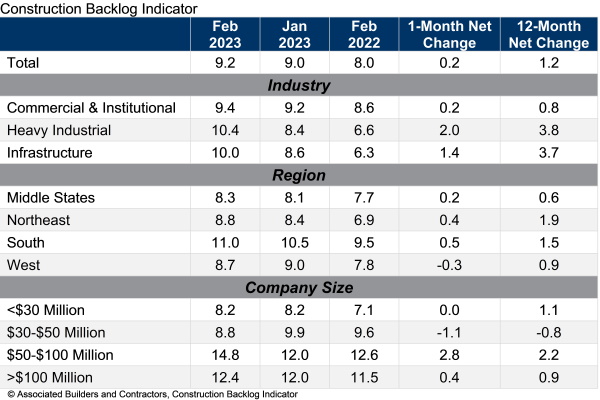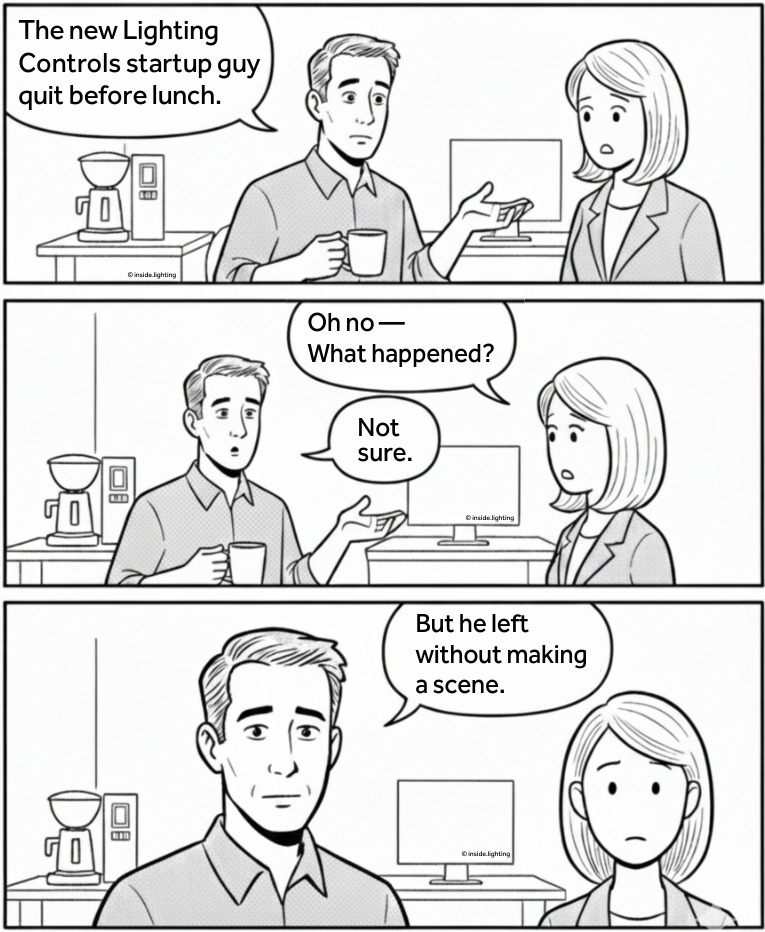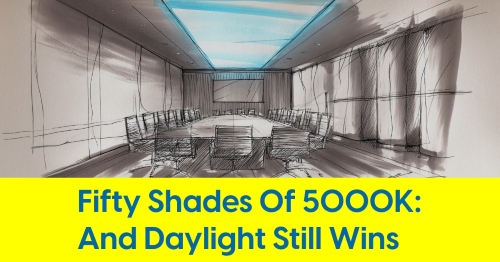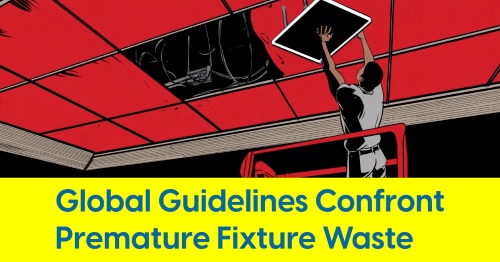March 17, 2023
5 Things to Know: Week Ending March 17

LightFair reveals some important details. Plus, a deep & intruiging dive into repurposing buildings.
Here's a roundup of some of the week's happenings curated to help lighting people stay informed.
1. Lightfair reveals more details of Immersive Lighting Installations
One exciting new feature of the upcoming May 21– 25 LightFair in New York City is the new experiential Immersive Lighting Installations.
These collaborative lighting installations have been conceptualized and created by manufacturer-lighting designer teams handpicked and matched by a panel from the International Association of Lighting Designers (IALD). Below is a slide show that shows a prominent pairing of an accomplished lighting designer and a prominent architectural lighting/controls brand.
Click the Right Arrow → to scroll through the pairings
2. Blinded by the Light
The Light and Health Research Center at Mt. Sinai School of Medicine is well known for its contributions to architectural and general lighting research. Recently, the research center published some insightful findings about automotive lighting. Below are excerpts from StreetsBlog.
In 1993, the bestselling Ford F150 sat five inches shorter than it does today. “Tall pickups and SUVs and short, small cars are simultaneously popular,” said Daniel Stern of Driving Vision News in a recent interview with the New York Times. “The eyes in the low car are going to get zapped hard by the lamps mounted up high on the SUV. or truck every time.”
“The use of LED bulbs — which is critical for energy efficiency but also more painful to human eyes because they produce more harsh blue tones —as well the fact that headlights can easily become misaligned when drivers hit potholes or simply overload their trunks.”
3. So You Want to Turn an Office Building Into a Residential Building?
The New York Times has published an enlightening overview of many challenging dynamics involved in converting office buildings to residential buildings. Cities are eager to do this amid rising remote work. But it’s harder than one might think.
"Apartments, obviously, need operable windows to vent cooking fumes and brighten living space. In the early 20th century, offices needed functioning windows, too, for cooling on hot days before air-conditioning and to illuminate work spaces before modern lighting. In either context, any space more than 30 feet from a window starts to feel cavelike."
"Just as the elevator and steel-cage construction enabled buildings to grow taller in the late 19th century...fluorescent lighting and air-conditioning enabled their floor plates to become much deeper."
4. Pennsylvania Town is Getting Serious About Glary, Unshielded, Trespassing Lights
Mechanicsburg, Pennsylvania is contacting the electric utility to dim outdoor lights at residents’ request, but will responsible shielding eventually become a requirement? Matt Klinedinst of York Pennsylvania’s FOX43 News I-Team shares the details in the video below:
5. Construction Backlog continues to Increase
Associated Builders and Contractors reported this week that its Construction Backlog Indicator increased to 9.2 months in February, according to an ABC member survey conducted Feb. 20 to March 6.
The reading is 1.2 months higher than in February 2022.











